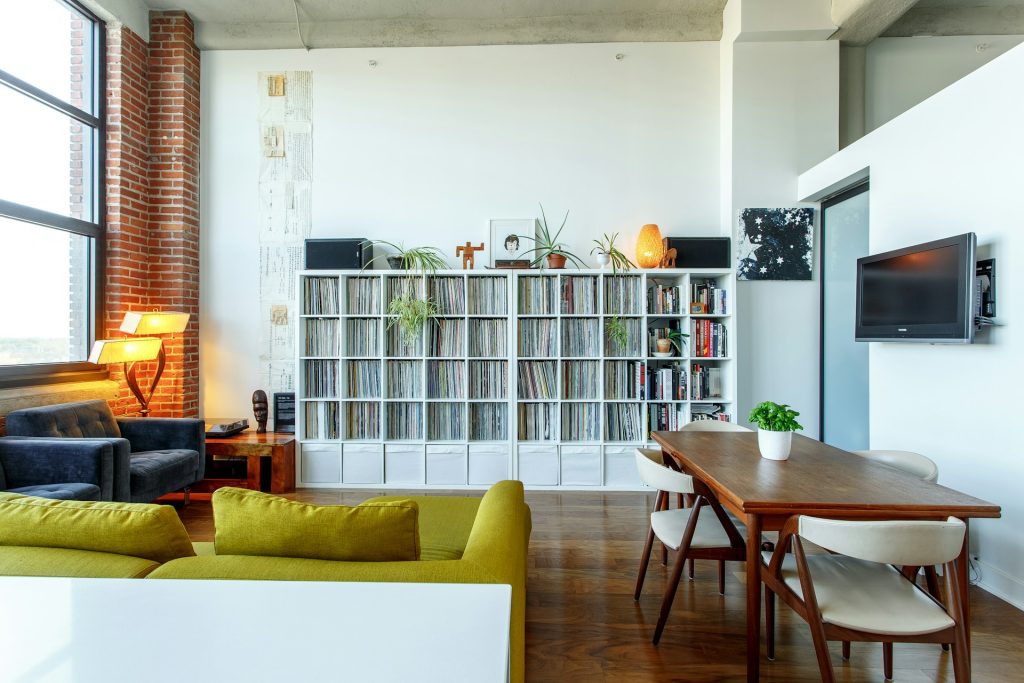Welcoming travelers into your Airbnb is an opportunity to share your space, earn income, and even build connections. However, hosting also comes with its risks, especially when you’re entrusting your property to strangers. This is why screening Airbnb guests is essential—it safeguards your property, ensures the comfort of other guests (if applicable), and contributes to a stress-free hosting experience.
In this guide, we’ll explore in-depth strategies to screen Airbnb guests effectively, offering actionable insights to help you feel confident and secure as a host. By the end, you’ll know how to balance openness with caution and create a hosting style that prioritizes safety and comfort.
Table of Contents
ToggleWhy Guest Screening Matters
The foundation of Airbnb hosting lies in trust. While Airbnb provides a framework to verify identities and facilitate transactions, the ultimate responsibility of selecting suitable guests rests on the host. Screening guests is your opportunity to set the tone for their stay, protect your investment, and create an environment where everyone involved feels at ease.
Guest screening doesn’t mean treating potential visitors with suspicion. Instead, it’s about gathering enough information to make informed decisions. By doing so, you minimize risks such as property damage, rule violations, or disturbances to your neighbors.
Understanding Airbnb’s Tools for Screening
Airbnb offers a suite of tools to help hosts screen guests effectively. One of the most notable is the platform’s identity verification system, which requires guests to upload government-issued identification. Additionally, hosts can use the profile review system, which includes information such as previous reviews, photos, and personal bios.
While these tools provide a baseline level of security, they’re not foolproof. A guest may have a verified ID and no reviews—perhaps they’re new to the platform. In such cases, relying on direct communication becomes even more critical.
Assessing Guest Profiles
A guest’s profile is your first opportunity to understand who they are. Look for key details such as a clear photo, a descriptive bio, and completed verification steps. A thoughtfully written bio often indicates a guest who values transparency, which is a good sign.
However, an incomplete profile isn’t necessarily a red flag. Many first-time users of Airbnb may not realize the importance of adding details to their profiles. This is where messaging comes into play. Initiating a friendly conversation can fill in the gaps and give you a clearer picture of your potential guest.
Communicating with Guests
Direct communication is one of the most powerful tools for screening guests. When a potential guest sends a booking inquiry, use it as an opportunity to engage with them. Politely ask questions such as:
- What brings you to the area?
- Who will be traveling with you?
- Are there any specific needs or expectations for your stay?
Their responses can reveal a great deal. Guests who provide clear, thoughtful answers are likely to be more respectful and organized. On the other hand, vague or evasive replies may warrant further inquiry.
Tone matters, too. Guests who communicate with warmth and respect set a positive precedent for their behavior during their stay.
The Importance of Reviews
Guest reviews from previous hosts are one of the most reliable indicators of future behavior. Positive reviews that highlight cleanliness, punctuality, and good communication suggest a guest who will respect your property.
If a guest has no reviews, don’t dismiss them outright. Everyone has to start somewhere. In such cases, focus on their communication style and ensure they agree to your house rules upfront.
Setting Clear Expectations
Screening doesn’t end with choosing the right guest. Once a booking is confirmed, it’s essential to establish clear boundaries to ensure everyone is on the same page.
The Role of House Rules
Your house rules are your guiding document. They should cover everything from noise levels and visitor policies to expectations for cleanliness and use of amenities. Make these rules clear in your listing description and reiterate them in your communication with the guest.
For example, if you have a no-smoking policy, state this explicitly to avoid misunderstandings. Guests who respect your house rules during the booking process are more likely to adhere to them during their stay.
Spotting Red Flags
Sometimes, certain behaviors or responses from guests can raise concerns. For instance, a guest who hesitates to provide details about their trip or is overly casual about house rules might require closer attention.
Address these situations tactfully. Politely explain why you’re asking questions, such as ensuring the property is suitable for their needs or preparing for their arrival. If the guest continues to be evasive or makes you uncomfortable, it’s okay to decline the booking. Your instincts as a host are just as important as any policy or tool.
Airbnb Management Melbourne service can help you grow your Airbnb. Get in touch to learn more.

Proactive Safety Measures
Screening guests is the first line of defense, but other proactive measures can further enhance your security and comfort.
Install Smart Technology
Smart locks and surveillance cameras (in common or external areas) can provide additional peace of mind. Always disclose the presence of any cameras in your listing to comply with Airbnb’s policies. These tools help you monitor access to your property and deter inappropriate behavior.
Protect Yourself with Insurance
While Airbnb’s Host Guarantee offers some protection, it’s not a substitute for comprehensive insurance. Consider investing in a policy specifically designed for short-term rentals. This ensures coverage for unexpected damages or liabilities beyond Airbnb’s scope.
Building Confidence as a Host
Screening Airbnb guests effectively isn’t just about protecting your property; it’s about building confidence as a host. The more thoughtful and consistent your approach, the more you’ll enjoy the hosting experience.
Guests appreciate a host who communicates clearly, sets fair expectations, and demonstrates professionalism. These qualities not only foster trust but also lead to positive reviews, which in turn attract more high-quality guests.
Remember, hosting is a partnership. When you screen guests thoroughly, you’re creating an environment where both you and your visitors can feel safe, respected, and valued.
Learn more about Airbnb Policies to stay informed.
FAQs
How do I screen guests without being intrusive?
Screening can be done politely by asking about their trip and ensuring they understand house rules. Keep communication clear and professional.
What should I do if a guest has no reviews?
Focus on their communication style and willingness to share details. New guests often deserve a chance, provided they respect your rules.
Can I decline a booking if I feel uncomfortable?
Yes, Airbnb allows hosts to decline requests if they don’t feel confident about a guest. Trust your instincts and prioritize safety.
Are there tools to enhance safety beyond screening?
Yes, consider smart locks, cameras (in permitted areas), and short-term rental insurance to enhance security and peace of mind.
How can I make house rules effective?
State house rules clearly in your listing and confirm them during communication. A well-crafted house manual can also reinforce expectations.
